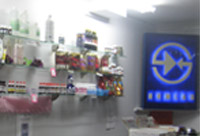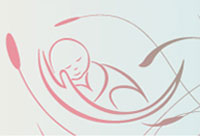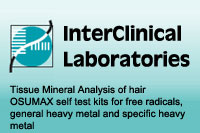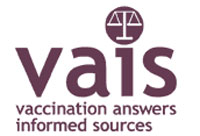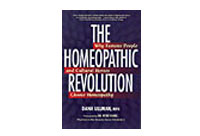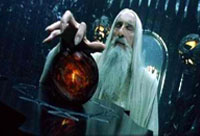Michael Baum
guardian.co.uk, Tuesday August 2011
A paper published in the current issue of the British Medical Journal is yet another inconvenient truth that demands a complete and unbiased re-evaluation of our national breast screening programme (NHSBSP). The paper, based on the World Health Organisation (WHO) database, set out to demonstrate that the introduction of screening by mammography in some countries in Europe was associated with a steeper fall in mortality from breast cancer than in neighbouring countries that had delayed offering this service.
To their surprise they discovered that paired neighbouring countries had experienced the same and very welcome fall in breast cancer mortality whether or not screening had been introduced. Furthermore the steepest fall in mortality observed was among the women under 50 who had not been invited for screening in all of the countries taking part in their study. They concluded that the recent downward trend in breast cancer mortality was nothing to do with screening but all thanks to improvements in treatment and service provision.
In 1987 Margaret Thatcher's government published the Forrest report that advocated the establishment of a screening programme for breast cancer. Although the report had languished on the prime minister's in-tray for six months, it was unveiled two weeks before a general election. Sir Patrick Forrest's report was in good faith and based on the best evidence then available. At that time, as professor of surgery at Kings College Hospital, I was tasked with implementing the programme for the south-east of England and was invited to join the NHSBSP governing committee; I resigned about 10 years later.
U-turns do not embarrass clinical scientists, unlike politicians: if the evidence changes then our minds must change. As the national programme began to run its course, two disturbing observations made me begin to question my original support. First, about 10 years after the initiation of the service, updated analyses of the original data set by independent groups in Europe and the US found that the initial estimate of benefit in the reduction of breast cancer mortality was grossly exaggerated.
The next disquieting observation was the huge surge in the incidence of pre-invasive cancer (ductal carcinoma in situ) that was not accompanied by the expected fall in incidence of the invasive stages of the disease.
I argued that the women, invited for screening, should be informed of these facts. The rest of the committee counter-argued that if women became aware of these facts they would refuse their invitations ("nanny knows best").
The original estimate of a 25% reduction in breast cancer deaths can be translated into absolute numbers as follows. In order to avoid one breast cancer death over a 10-year period, 1,000 women have to be screened whereas the more up-to-date number is closer to 2,000. One woman avoiding a breast cancer death in 2,000 is of enormous value but has to be weighed against the risk of over-diagnosis and over-treatment.
In February 2009 a group of 24 experts, which included eight professors of epidemiology and public health from around the world, wrote a letter to the Times, drawing attention to the serious harmful consequences of screening associated with the over-diagnosis of breast cancer leading to an increase in the number of mastectomies. Over-diagnosis implies the detection of small non-palpable tumours that, although looking like cancer under the microscope, do not have the potential to develop into life-threatening disease.
One should note in passing the recent high-profile announcement by the cancer charities about the increasing incidence of breast cancer that was blamed on lifestyle. Most commentators ignored the fact that the most important lifestyle choice contributing to this increase was the acceptance of an invitation for screening.
The new data published in the BMJ now suggests that none of the gratifying fall in breast cancer can be attributed to screening and that the very existence of a NHSBSP should be questioned. Unless there is public pressure for an independent inquiry to challenge the status quo, it will be business as usual for the screening programme. Furthermore the Department of Health has painted itself into a corner and it is no longer a question of scientific debate – the subject has become too politicised by those who like to avoid U-turns at all costs.



